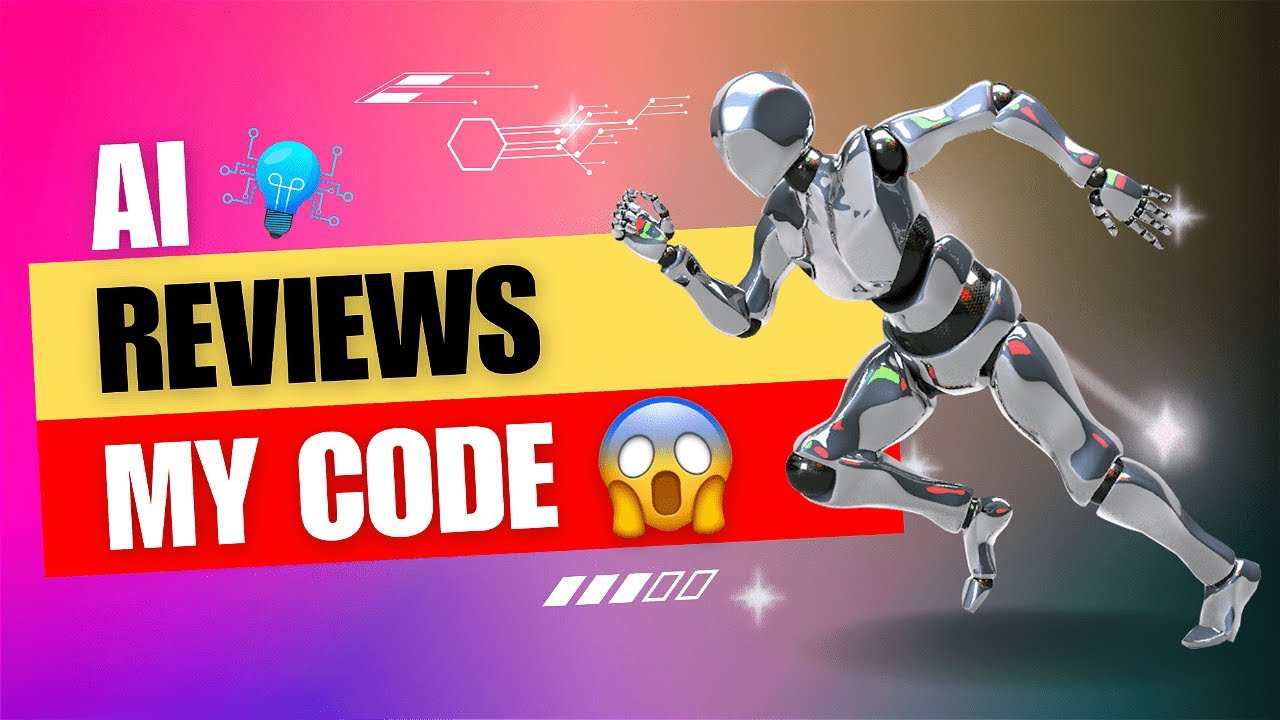
The AI Critic: How OpenAI’s CriticGPT is Revolutionizing Code Review
The rapid advancement of artificial intelligence (AI) has led to the development of sophisticated language models capable of generating human-like code. However, as these models become more powerful, they also become more prone to errors. To address this issue, OpenAI has developed CriticGPT, an AI model designed to critique the code generated by its sibling model, ChatGPT.
 The AI Critic: A New Era in Code Review
The AI Critic: A New Era in Code Review
CriticGPT is a game-changer in the field of AI code review. By leveraging the power of reinforcement learning, CriticGPT can identify errors in ChatGPT’s code output with unprecedented accuracy. In fact, according to OpenAI’s research, CriticGPT can catch substantially more inserted bugs than human reviewers, and its critiques are preferred over human critiques more than 80% of the time.
The Limitations of Human Reviewers
Human reviewers, no matter how skilled, are not immune to errors. As AI models become more capable, they often outshine their human trainers, making it difficult for humans to identify flawed answers. This is where CriticGPT comes in – to augment the knowledge of human reviewers and provide a more accurate critique of ChatGPT’s code output.
The Future of Code Review
The development of CriticGPT marks a significant milestone in the evolution of AI code review. As AI models continue to advance, it is essential to develop robust frameworks that can enhance their multi-step reasoning capabilities. Q*, a versatile AI approach, is another example of how researchers are working to improve the performance of large language models in complex reasoning tasks.
 The Q Framework: Enhancing LLM Performance in Reasoning Tasks*
The Q Framework: Enhancing LLM Performance in Reasoning Tasks*
Q* formalizes LLM reasoning as a Markov Decision Process, where the state combines the input prompt and previous reasoning steps, the action represents the next reasoning step, and the reward measures task success. By framing multi-step reasoning as a heuristic search problem, Q* employs plug-and-play Q-value models as heuristic functions within an A* search framework, guiding LLMs to select the most promising next steps efficiently.
Conclusion
The development of CriticGPT and Q* marks a new era in AI code review and reasoning tasks. As AI models continue to advance, it is essential to develop robust frameworks that can enhance their capabilities and ensure accuracy. With CriticGPT and Q*, we are one step closer to realizing the full potential of AI in code review and complex reasoning tasks.
 The Future of AI Code Review: Accuracy and Efficiency
The Future of AI Code Review: Accuracy and Efficiency













